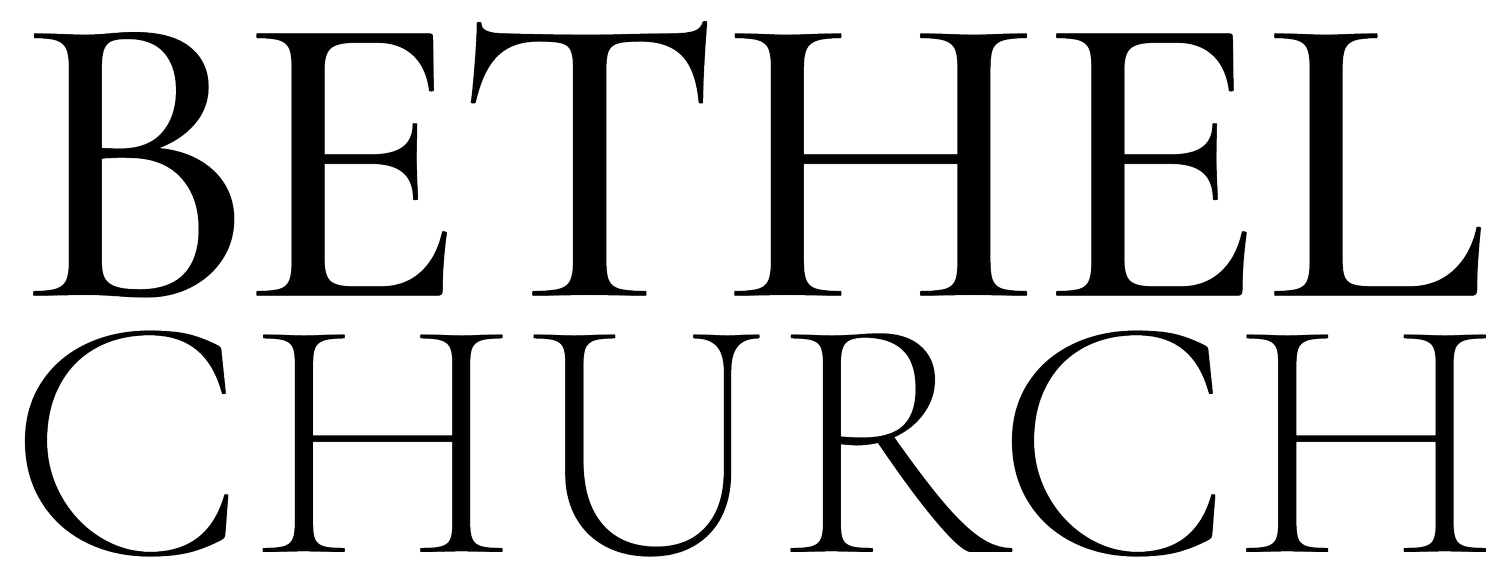Who Is This?
By George “Chip” Hammond
Editor’s note: republished
"Who is this?" It was a funny question. They knew who he was. "We have found him of whom Moses and also the Prophets wrote." And yet faced afresh with this one whose rebuke the wind and waves obeyed, they were compelled to ask it again.
As the air turns cold and frost kisses the ground; as the smell of pumpkin pie and seasonal spice, along with welcome warmth and soft light, greet you as you come in from the cold air of the dark afternoon; and as you get out from the attic those traditions which you haven't seen since last Advent season; I pray that you may be compelled to turn your thoughts toward Whom and what this season celebrates and ask, "Who is this?" He is the one of whom Moses and all the Prophets wrote.
"In the beginning was the Word, and the Word was with God, and the Word was God" (Jn. 1:1). Moses started a book with those same words (Gen. 1:1-2). He told us that in the beginning the earth was chaotic, formless and void. But the Completer of creation, the Spirit of God, was on the surface of the waters. And so John tells us that Christ, the completer of the new creation, was there walking on the surface of the waters (Jn. 6:19).
On the first day of the old creation, God called forth the light (Gen. 1:4), and divided light from darkness. So also God sent forth his Son to be the Light of the World (Jn. 1:4,9), to divide the darkness from the light (Jn. 8:12, 3:19).
Because sin entered the world, Cain hated his righteous brother, Abel, and killed him (Gen. 4:8). And Christ's own people would hate and kill him (Lk. 23:21). As Abraham's son carried the wood, the harbinger of his own death (Gen. 22:3), so Christ would carry (at least part of the way) the wood he would be nailed to. For Isaac, God provided a substitute, but Christ would be the substitute. Like Abel, Joseph was despised and done away with by his brothers (Gen 37) but arose as ruler to bless them and do them good (Gen. 50), and Christ would do the same for us (cf. Acts 8-9).
The Prophets had told of a coming day when wine would flow freely (Joel 2:24), and so Christ made wine as plentiful as water (Jn. 2). God had posted angels at the entrance to Eden when man sinned, to threaten immediate death should paradise try to be retaken by the efforts of man (Gen. 3:23-24). When Christ was born, angels once again appeared, not to say "keep out," but to invite, and with a new message commanded them by Almighty God "Do not be afraid" (Lk. 2:8-14).
Moses had given them the Feast of Tabernacles (Lev. 23:34), to remind them that when they traveled in the desert, God had gone with them in cloud and fire. But now God had "tabernacled among them" (Jn. 1:14) veiled in human vesture, to be with us for a time, but by his resurrection not only show us, but guarantee, the Promised Land to which we are heading.
And when Solomon build the temple, the People believed their dwelling to be forever secure. They trusted in it, charging Jeremiah with treason and sedition for daring to say that God's holy temple would be destroyed (Jer. 7:4, 26:1ff). But Jeremiah was right. And when the people finally returned from their captivity, what was built in its place seemed pathetic by comparison (Ezra 3:12), until Herod came. Surely nothing could shake Herod's temple. For the Prophets had said that the temple would be rebuilt. But they misunderstood. Jesus told them what the Prophets had really meant. He said, "Destroy this temple, and in three days I will build it again" (Jn. 2:19).
Since the days of Ezekiel, though they could wish and pretend otherwise, ichobod ("no glory") had to be written over the temple door, for God's glory had departed (Ezek. 10:18-19). Then it happened. The Word became flesh and tabernacled among us, and we beheld his glory, glory as the only begotten of the Father full of grace and truth (Jn. 1:14).
And out from that temple, where the glory of God forever rested, would come water. The water of the "sea," the great laver, would become a living stream, and as it flowed it would give life, even to the Dead Sea, which was so inimical to life (Ezek. 47). And John tells us that where Christ is honored, livingwater springs up from within (Jn. 4:10, 7:38), flowing ultimately from the temple, the throne of the Lamb (Rev. 22:1ff).
It's the tip of the iceberg. The Law, the Prophets, and the Psalms all speak of him (Lk. 24:44). If you let your mind wander through all of the themes of redemption in the Scripture - no, through each passage, each jot and tittle - Christ is there. To try to connect it all is overwhelming, like drinking the Living Water from a fire hose.
But all of it - all of Scriptures - Moses and the Prophets - all the promises - the hopes and fears of millennia - lay there swaddled in a manger, dependant on his earthly mother to change his diaper.
I know who he is. But as I think of his Advent, and on these things, I'm compelled to ask again, "Who is this?" I pray this season, in quiet and peaceful moments, you will ask the same. And you will marvel again, and bask in the glory of the answer.

